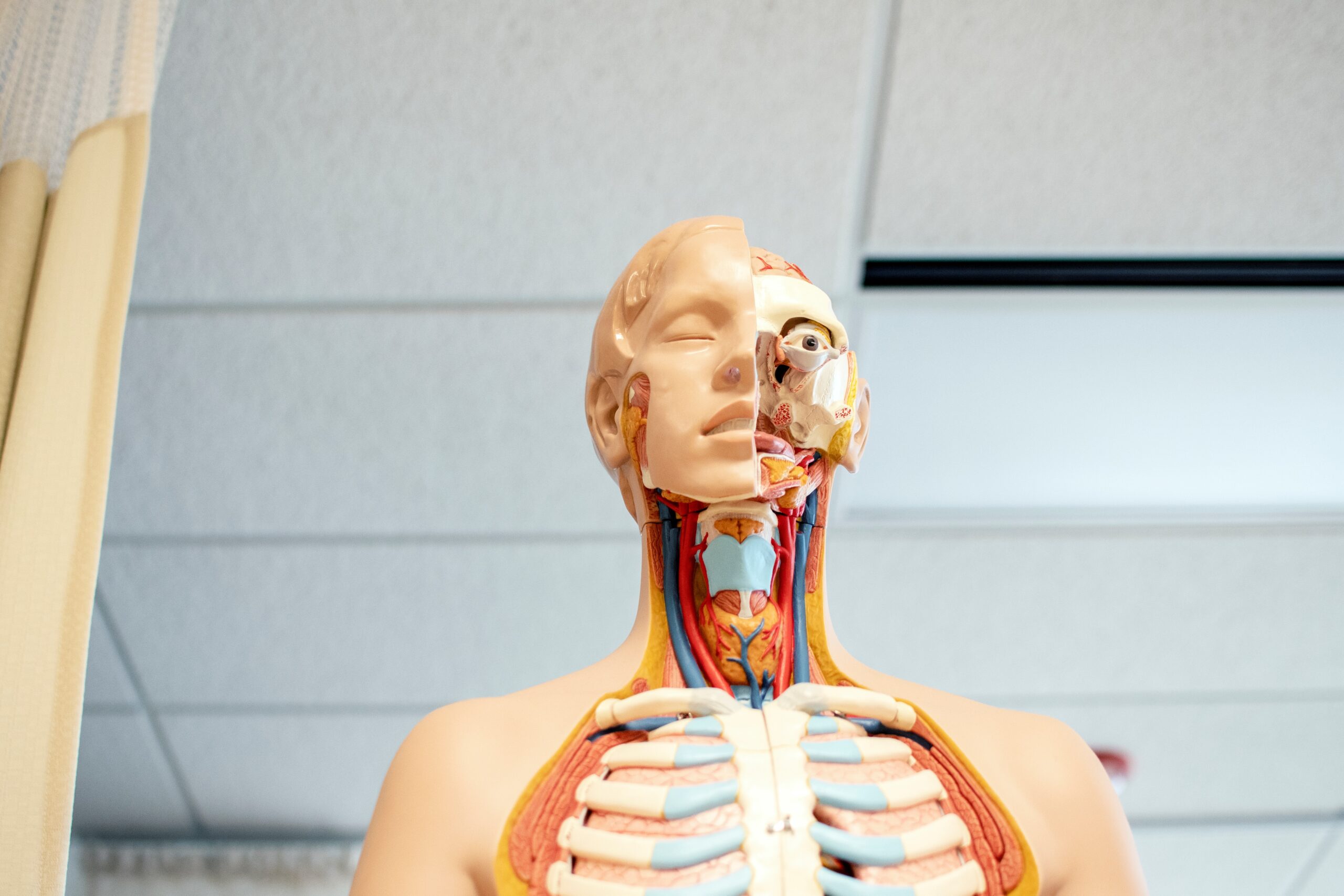Artificial Intelligence (AI) is also known as deep learning or machine learning. AI has started to make solid inroads into the medical sector. Doctors associated with several research hospitals and the pharmaceutical industry are now encouraging AI to improve efficiency in providing health services and clinical use.
The medical community, especially physicians, faces a huge problem of too much data on patient information and their medical history. The problem has been exacerbated since the advent of electronic medical records (EMR). Now, all the more information data regarding a patient is much more readily available to be mined. It includes lab reports, pathology reports, imaging reports, and more. With the promise of bio-directional patient portals to be available in the near future, patients themselves will be able to upload their relevant medical information, and there will be an information overload confronting medical practitioners. Every doctor is then faced with the problem of picking out the information that might be relevant to the patient’s current medical situation. This problem is further complicated because the number of patients is constantly growing, and reimbursements are decreasing.
This is the perfect entry point for Artificial Intelligence. It will not be replacing the doctors and caretakers per se but dealing with the overwhelming patient information. It will be picking out relevant bits and presenting them concisely for the medical practitioner to use. For example, when a radiologist is dealing with a CT (computed tomography) scan, AI will already have read up the report, picked up on potentially valuable findings, combined with information from the patient’s medical history, thus making the entire process for the doctors relatively easier.
Major medical equipment manufacturing companies like IBM, Siemens, Philips have already started installing Artificial Intelligence into accompanying medical software. In the medical sector, AI software algorithms work with the precondition that the information available is abundant to be sorted from for the correct diagnosis.
AI already surrounds us in almost every field, from automobile to facial recognition, security establishments, personal health tracking, tracking financial activities for unusual movement, social media, etc.
The data revolution started sometime in 2012 with IBM’s Watson and Google Brains in the lead. Soon intelligent algorithms had overtaken the world. By 2014 machines were commonly used for radiology readings with nearly 95% accuracy. AI has enormous potential to augment the field of radiology without necessarily lessening the importance and place of radiologists.
There has been voluminous research to showcase AI’s promising potential for better and more precise healthcare. For example, AI has demonstrated remarkable capabilities in cancer diagnosis and aiding the treatment process. Researchers at Tulane University recently discovered the AI successful diagnosis of colorectal cancer by examining tissues in a manner better than pathologists. Not only this, but AI can accurately sift through dense breast tissues, which are relatively more difficult for breast cancer detection.
Relatedly, AI is being harnessed to draw out risk factors and disease prediction even before the onset of a severe condition which can go a long way in inpatient care in the cases of serious diseases like cancer.

